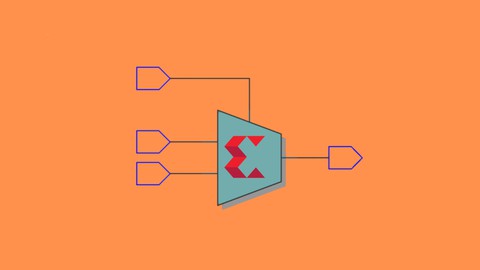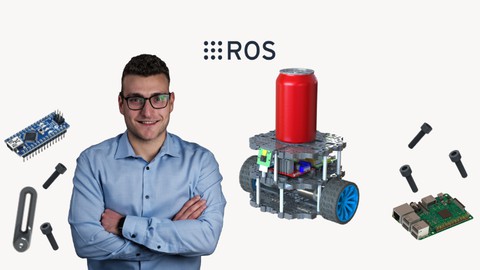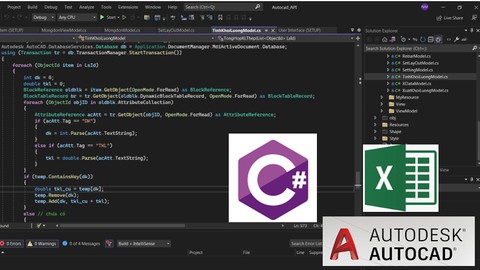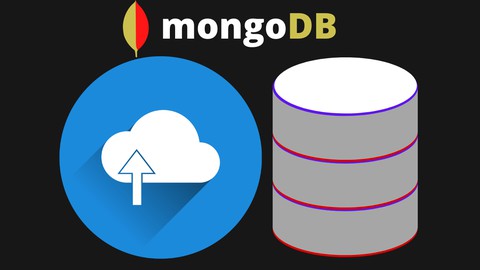VHDL for an FPGA Engineer with Vivado Design Suite
Loại khoá học: Programming Languages
Using Xilinx FPGA's
Mô tả
FPGA's are everywhere with their presence in the diverse set of the domain is increasing day by day. The two most popular Hardware description languages are VHDL and Verilog each having its unique advantage over the other. The best part about both of them is once you know one of them you automatically understand the other and then the capabilities of both worlds can be used to build complex systems. The course focus on the VHDL language. The curriculum is framed by analyzing the most common skills required by most of the firms working in this domain. Most of the concepts are explained considering practical real examples to help to build logic.
The course illustrates the usage of Modeling style, Blocking and Non-blocking assignments, Synthesizable FSM, Building Memories with Block and Distribute Memory resources, Vivado IP integrator, and Hardware debugging techniques such as ILA and VIO. The course explores FPGA Design flow with the Xilinx Vivado Design suite along with a discussion on implementation strategies to achieve desired performance. Numerous projects are illustrated in detail to understand the usage of the Verilog constructs to interface real peripheral devices to the FPGA. A separate section on writing Testebench and FPGA architecture further builds an understanding of the FPGA internal resources and steps to perform verification of the design.
Bạn sẽ học được gì
Fundamentals of VHDL Programming that will help to ace RTL Engineer Job Interviews.
Understand Vivado Design Suite flow for Digital System Design.
How to write an RTL for Synthesis
Different Modelling Styles in Hardware Description Language , Concurrent and Sequential Statements in VHDL
How to use Xilinx IP's and create Custom IP's.
IP integrator Design flow of the Vivado.
Writing VHDL Test benches.
Hardware Debugging in Vivado viz. Integrated Logic Analyzer, Virtual I/O.
From Zero to Hero in VHDL
Yêu cầu
- Fundamental of Digital Circuit will give an added advantages.
Nội dung khoá học
Viết Bình Luận
Khoá học liên quan

Đăng ký get khoá học Udemy - Unica - Gitiho giá chỉ 50k!
Get khoá học giá rẻ ngay trước khi bị fix.







![Java Certification : OCA (1Z0-808) Exam Simulation [2023]](/uploads/courses/udemy/1464072_c364_6.jpg)






![10 Sample Exams ISTQB Foundation Level (CTFL) v4.0 [NEW!]](/uploads/courses/udemy/3228307_dcb2_10.jpg)



Đánh giá của học viên
Bình luận khách hàng